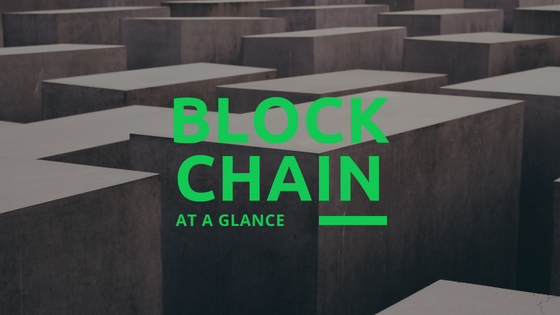This is a guest post from Pokersites. The author’s views are entirely his or her own and may not reflect the views of Linknovate Stories.
Artificial Intelligence is on the rise. Tech industries are recruiting a high number of AI experts and investing millions of dollars in AI development, a market that is expected to be worth $16.06 billion by 2022.
And now, Artificial Intelligence has reached the poker-sphere as well. Many universities are studying and analyzing artificial intelligence by implementing the technologies in poker games. The main reason for that is that poker deals with a lot of imperfect information and unpredictable situations, which makes it very close to real life problems.
Here are some amazing facts about Poker and AI, an infographic designed by experts from Poker Sites that breaks down Libratus AI characteristics.

Libratus is an AI developed at Carnegie Mellon University by Prof. Tuomas Sandholm and Ph.D. student Noam Brown mainly to play poker. It doesn’t have any fixed built-in strategy. Instead, Libratus has an algorithm that figures out a strategy for playing heads-up no-limit Texas hold’em Poker.
Facts about Libratus AI
- Analyzes Poker rules, corrects mistakes, and creates its own strategy for every situation.
- Unlike other AIs, learns game rules from scratch. It records each new move into the system and updates it.
- Doesn’t use a deep neural network. It relies on reinforced learning.
- Uses an algorithm, that determines its own weaknesses from the other pros.
- It doesn’t get tired, doesn’t feel the value of money, and is not afraid to take a risk. It has no emotions.
- Was not created only to play Poker, but it can be applied to business negotiation, medicine, healthcare, cybersecurity, auctions or other sectors.
Poker Pros vs. Libratus
In January 2017, Libratus beat 4 pros in Poker, namely Jason Les, Jimmy Chou, Daniel McAuley and Dong Kim. It was the most momentous blow in the history of human poker and Poker AI. Libratus won at a rate of $14.72 per hand. This is a phenomenal result for the AI. The challenge lasted 120,000 hands (30.000 each player). And all 4 human players lost their 30,000 hands, which is almost $1.766.250 in chips.
The tournament lasted from 11th of January to the 31st. Libratus was perfecting and analyzing its own strategy overnight, while the human team discovered their imperfections during that time. On the final day of this tournament, Daniel McAuley was down $4,000 within seconds and after a short while was down again $8,000.
The possibility for humans to play better than Libratus is around 0.0001% with lower boundaries and 0.54% with upper boundaries.
Pretty impressive, isn’t it?
The amazing advancements of such narrow AI machines hint of possibilities we are yet to fully imagine, let alone understand. If history is any indicator, such leaps in technology can revolutionize their respective fields but also the human experience as a whole.
Or do you think it’s all a bluff?






